By Jenna Somers
In November 2023, Tennessee Governor Bill Lee proposed the Education Freedom Scholarship Act to establish a new statewide education scholarship account (ESA) program. ESAs—also called education savings accounts—are a type of voucher program that support not only private school tuition but other education-related expenses. As proposed, the Education Freedom Scholarship Act would offer approximately $7,075 in public funds to 20,000 students to attend private school or to be home schooled during the 2024-2025 school year, and to pay for education-related expenses, including textbooks, curricula, instructional materials for summer and afterschool academic programs (both public and private, according to the Education Freedom Scholarship Act website), and more. The proposal would cost an estimated $141.5 million.
In the first year, half of the ESAs would support students whose family’s income is 300 percent of the federal poverty line, students with disabilities, and students eligible for Tennessee’s existing Education Savings Account pilot program. The remaining 10,000 ESAs would be available to all students in Tennessee. In the 2025-2026 school year, all Tennessee students would be eligible for the ESA program, regardless of their family’s income.
Tennessee’s ESA bill follows a trend of states passing a range of voucher policies in recent years. The governor’s proposal does not yet detail any requirements or restrictions, such as standardized testing or legal protections for students with disabilities, for private schools or home schools to receive public funds. However, proposed amendments in the Senate and House do require student testing. The House bill also requires an annual report on academic performance of students, parental satisfaction, and number of scholarships.
As the Tennessee General Assembly considers the ESA policy during its current legislative session, the expertise of school choice scholars at Vanderbilt Peabody College of education and human development may help to inform the decisions of policymakers, schools, and families. Peabody scholars study a broad spectrum of school choice policies and practices in the U.S. and other countries. Their work seeks to answer many questions concerning the economics of education, education equity, cultural impacts to education policy, and much more. At the heart of their scholarship is a simple, yet complex question: how should a pluralistic democracy educate its citizenry?
Why school choice?
The original argument for school choice in the U.S. was based in economics. In a 1955 essay, economist Milton Friedman argued that public education was a monopoly that needed to be broken up. While he recognized the importance of education to the vitality of a democracy, he argued that government need not and should not operate as the sole provider of schooling in the U.S. Rather, government could provide the funds for families to choose from schools in an open market, where competition would increase education quality. With this philosophy in mind and with an interest in innovating new pedagogy, school choice proponents began the modern school choice movement in the early 1990s with charter schools and small, targeted voucher programs.
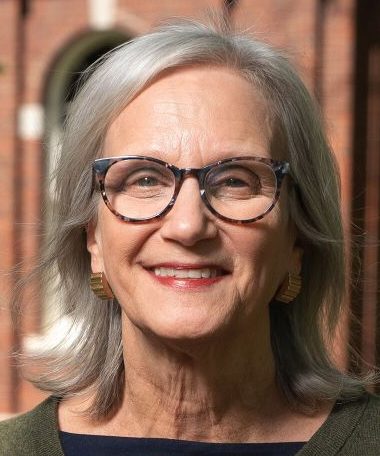
“Another rationale for school choice, especially in the public school sector with charters and magnets, is to disentangle the relationship between school quality and neighborhoods because middle- and upper-middle-class parents can, in fact, choose their school by virtue of the neighborhood where they can afford to buy a house; whereas school choice allows parents to have access to schools, including private schools, that are outside their neighborhood if the schools in their neighborhood are not effective or of high quality,” said Ellen Goldring, Patricia and Rodes Hart Professor of Education and Leadership and vice dean.
To appeal to middle-income families, states have gradually raised the income caps to receive vouchers, according to Claire Smrekar, associate professor of public policy and education. She says this shift has given way to current political arguments for school choice on the basis that the freedom to choose is a basic right in a democracy.
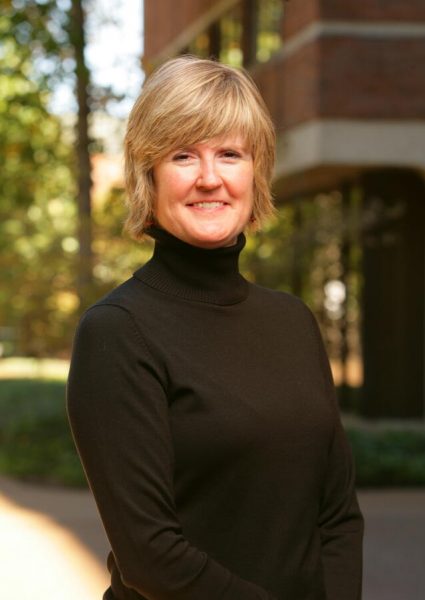
“The language has shifted from ‘vouchers’ to ‘education scholarship accounts,’ with public polling verifying that the latter term is more politically palatable and popular,” Smrekar said. “The names of these policies—‘Empowering Parents Act,’ ‘Family Empowerment Act,’ ‘Freedom Accounts,’—suggest an emphasis on parent liberty and a shift away from earlier free-market arguments to political arguments.
“Historically, U.S. public schools have managed tensions inherent between liberty and civility. This new phase of parent empowerment in education policy is dominated by political and social tensions, and schools are now contested terrain over curriculum, access, and public discourse,” Smrekar said.
While these new policies seek to empower parents, Peabody school choice scholars agree that the policies often lack robust information dissemination plans and transparency on school quality, leaving many parents with little information to help answer their questions or to understand a school’s level of quality when considering their options. Moreover, access to information typically depends on socio-economic status. Upper- and middle-income families benefit from resource-sharing at workplaces with highly educated colleagues and through well-connected social networks. So, when parents make schooling choices, they are not just choosing between inequitable schools; their decisions are informed by—and for lower-income families, often limited by—societal inequities.
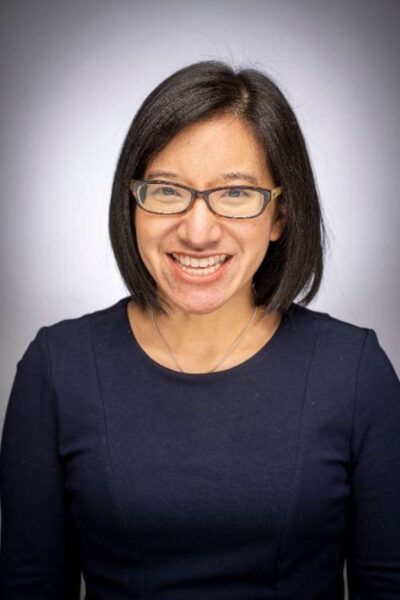
Furthermore, a review of 15 years of school choice literature by Joanne Golann, associate professor of public policy and education, reveals little evidence exists to support prevailing school choice theories. The review is forthcoming in the American Education Research Association Handbook of Education Policy Research, Volume 2. “Early voucher programs that were small and targeted showed some positive academic effects, but many of the arguments and theories for supporting school choice do not pan out in the research literature,” Golann said. “That’s important to keep in mind since these theories are guiding school choice policies across the country, including in Tennessee.”
Voucher access and outcomes
According to Smrekar, in early 2023 14 states and 3 cities had school voucher laws, and by mid-2023, 11 more states adopted ESA laws, with others expanding existing programs. While these programs provide families with the choice to attend private school, in many states, the purchasing power of low- to middle-income families limits their choices to schools whose tuition rates do not exceed the cost of a voucher, which is typically around $7,000 to $9,000. Although, research has shown that parents are usually satisfied with schools of choice in voucher programs, but satisfaction may not reflect academic quality.
Some research shows that voucher programs, particularly when scaled up, negatively impact student academic achievement. For example, researchers at Indiana University found that as voucher programs grew in size, results in math achievement dropped significantly. A study on Louisiana’s voucher program revealed low math, reading, science, and social studies scores, attributing these effects, in part, to low-quality private schools. Another Louisiana study found negative effects on math and English language arts, with some improvement to scores in the program’s second year. In the 2022-2023 academic year, students attending private schools in Tennessee’s ESA pilot program significantly underperformed in math (-22.40 percent) and ELA (-15.20 percent) compared to their public-school peers.
Universal school voucher programs are open to all families, regardless of income, which may increase costs for taxpayers. For example, a memo from the Arizona governor’s office in July 2023 cited data from the Arizona Department of Education showing that the state’s voucher program may cost tax payers close to $950 million in fiscal year 2024. Further, the memo highlights that only 8 percent of Arizona students are ESA recipients, but that their ESA funds could account for 53 percent of all new K-12 education spending in fiscal year 2024.
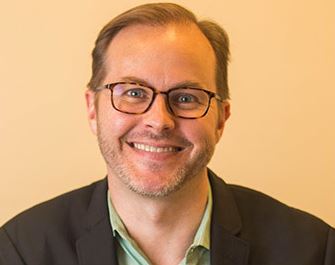
“As Tennessee considers a statewide voucher system, we should be looking at the outcomes in states like Arizona that have scaled up voucher programs,” said Sean Corcoran, associate professor of public policy and education. “In Arizona, we’re seeing a lot of wealthy families, who were already paying for private school, use the vouchers to offset the cost of more expensive private schools. We’re also seeing many of these schools raise their tuition to whatever they think the market can bear.
“Public resources are limited, so there’s the question of whether increased funding for private school vouchers over time will eventually erode spending on public schools,” Corcoran said. “I am concerned about the macro-level effects of policy on funding and sustaining public education, as well as the potential consequences for students served by public education.”
Given the evidence, Peabody scholars note that voucher-receiving schools’ academic performance, financial stability, enrollment demographics, and school leadership warrant scrutiny from policymakers interested in education equity and prospective families interested in quality education for their children.
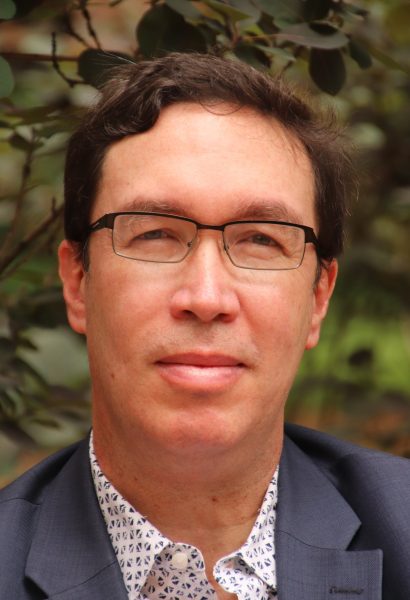
“When you have massive voucher programs, the issue of stratification is very clear and any gains in learning are very small,” said Felipe Barrera-Osorio, associate professor of public policy, education, and economics. “There are private schools of good quality and private schools of low quality, so the assumption of private school being an advantage is unclear, and if parents do not have the information on school quality, they are further disadvantaged.” Barrera-Osorio studies the effects of large-scale experiments with school choice in Colombia, specifically charter schools with a high degree of accountability to the government.
Smrekar also stresses that ability to attend choice schools depends on a “geography of opportunity.” Families without reliable transportation or flexibility in their schedules may not be able to drive to a school of choice. Rural families have less access since private, religiously affiliated, and independent schools are often in urban settings.
That said, many voucher laws now allow homeschooling families to participate in ESAs, which appeals to rural families who want more control over their children’s instructional materials but lack access to private schools. Homeschooling networks, which are often religiously affiliated, are growing in popularity within rural communities. They provide homeschooling families with instructional materials and a likeminded educational community.
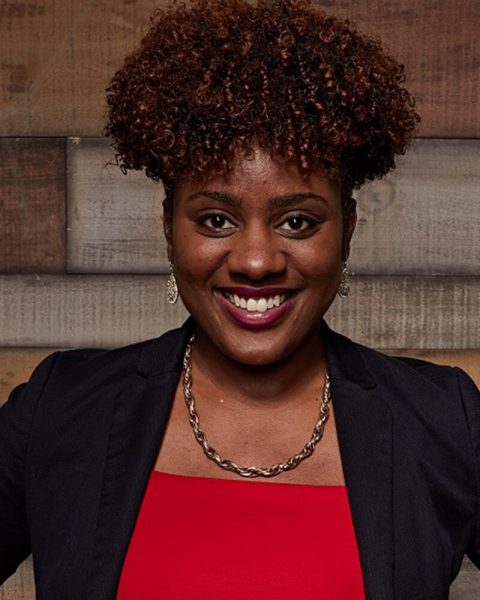
Black families, in particular, are increasingly turning to homeschooling. Carla Wellborn, a Ph.D. candidate in the Department of Leadership, Policy, and Organizations, who studies homeschooling among Black families, says that Tennessee policymakers should consider the unique concerns of these families when crafting policy. “Many Black families turn to homeschooling to protect their children from perceived racial harm in traditional schooling environments,” Wellborn said. “Policymakers should call together a collective, diverse group of homeschooling families to share their perspectives on accountability, reporting, and what those might look like as policy.”
Considerations for students with disabilities
Students with disabilities may face unique hurdles accessing services under voucher policies. The federal Individuals with Disabilities Education Act requires that students with disabilities receive a free, appropriate public education in the least restrictive environment. To receive voucher funds under Tennessee’s Individualized Education Account Program—a voucher program focused on students with disabilities—parents must consent to refuse special education services under IDEA.
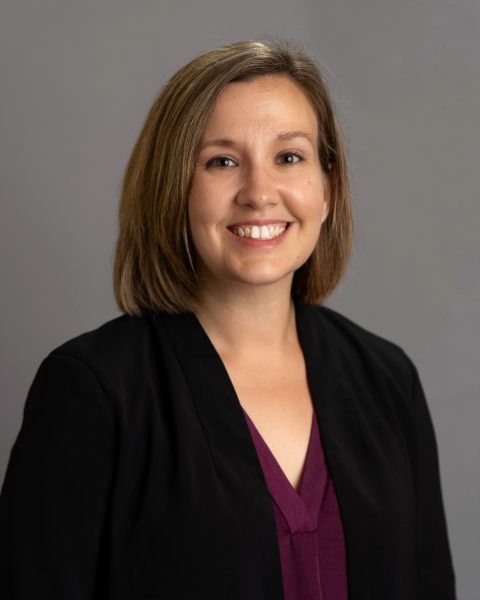
“There are concerns with limited parental knowledge impacting whether a parent could provide informed consent about relinquishing their right to a free, appropriate public education by using the IEA program,” said Meghan Burke, professor of special education. “This may be especially true among families who are marginalized, such as families with limited English proficiency, families who struggle to read, and families with limited internet access. Further, the IEA program handbook and similar special education resources are written at a college reading level. Given the inaccessibility of these documents, families may not be fully informed about the decision to use the IEA program.”
Burke advises that Tennessee families use Support and Training for Exceptional Parents (STEP), a parent training and information center that educates and empowers families about their special education rights.



